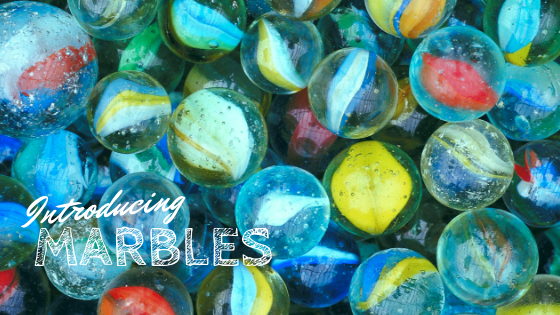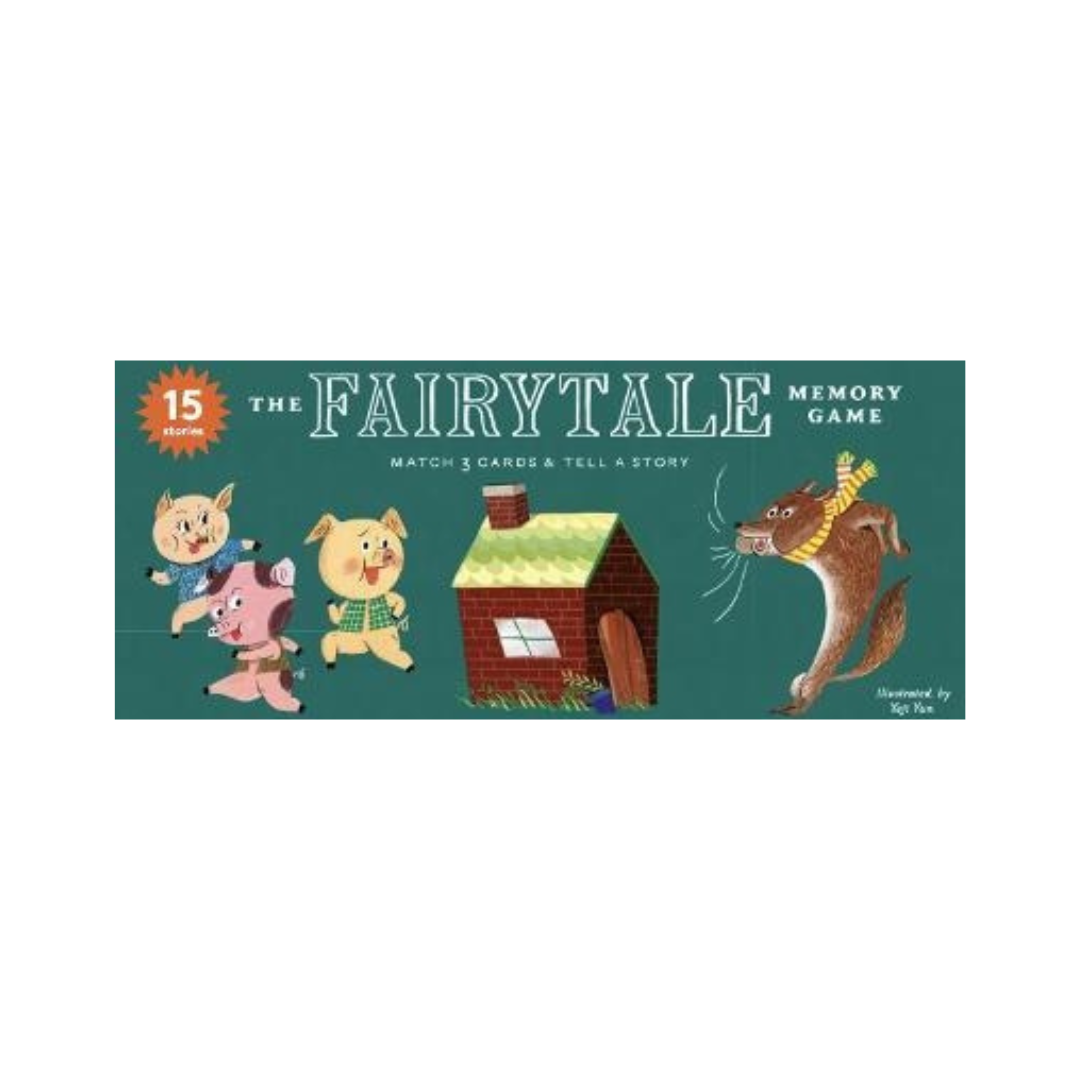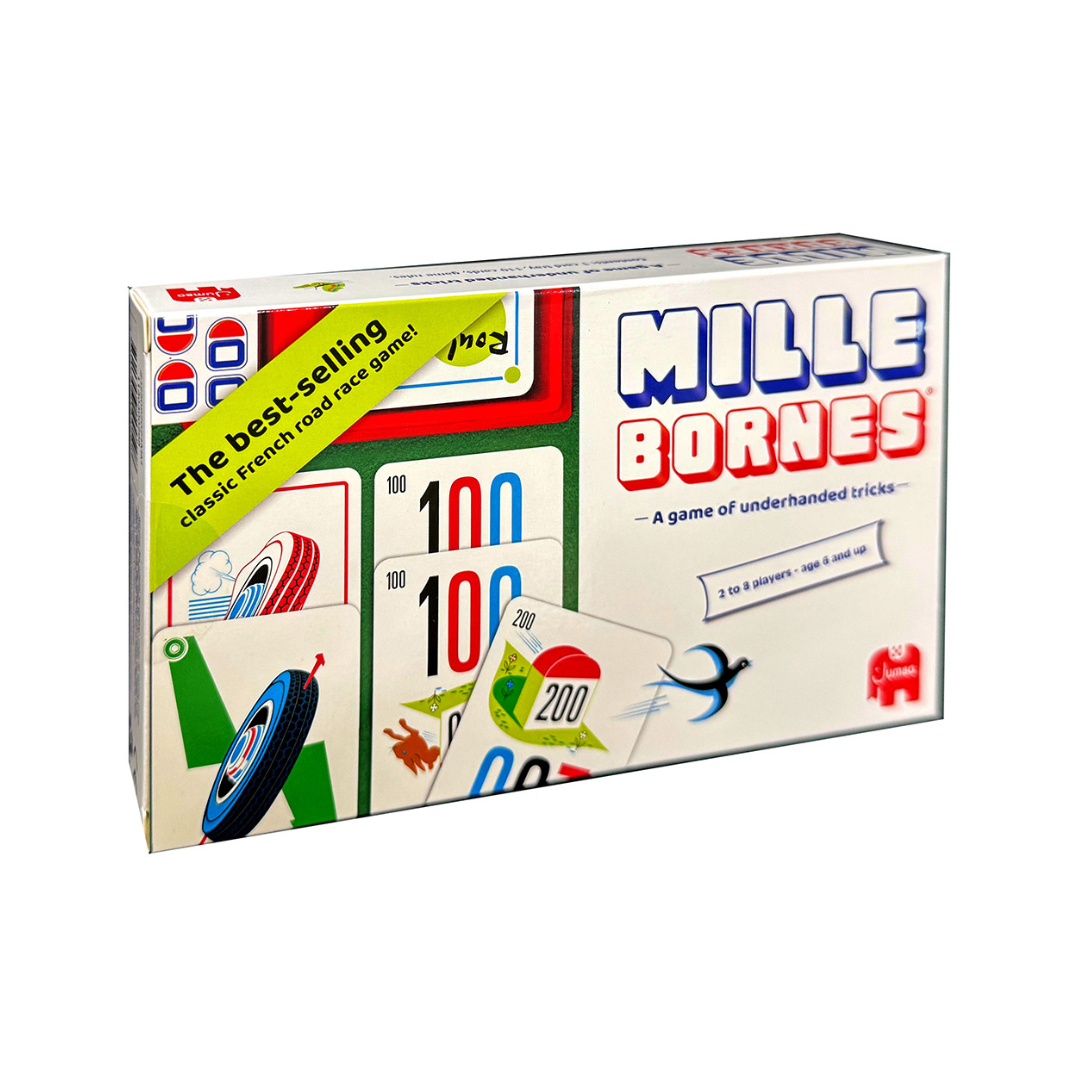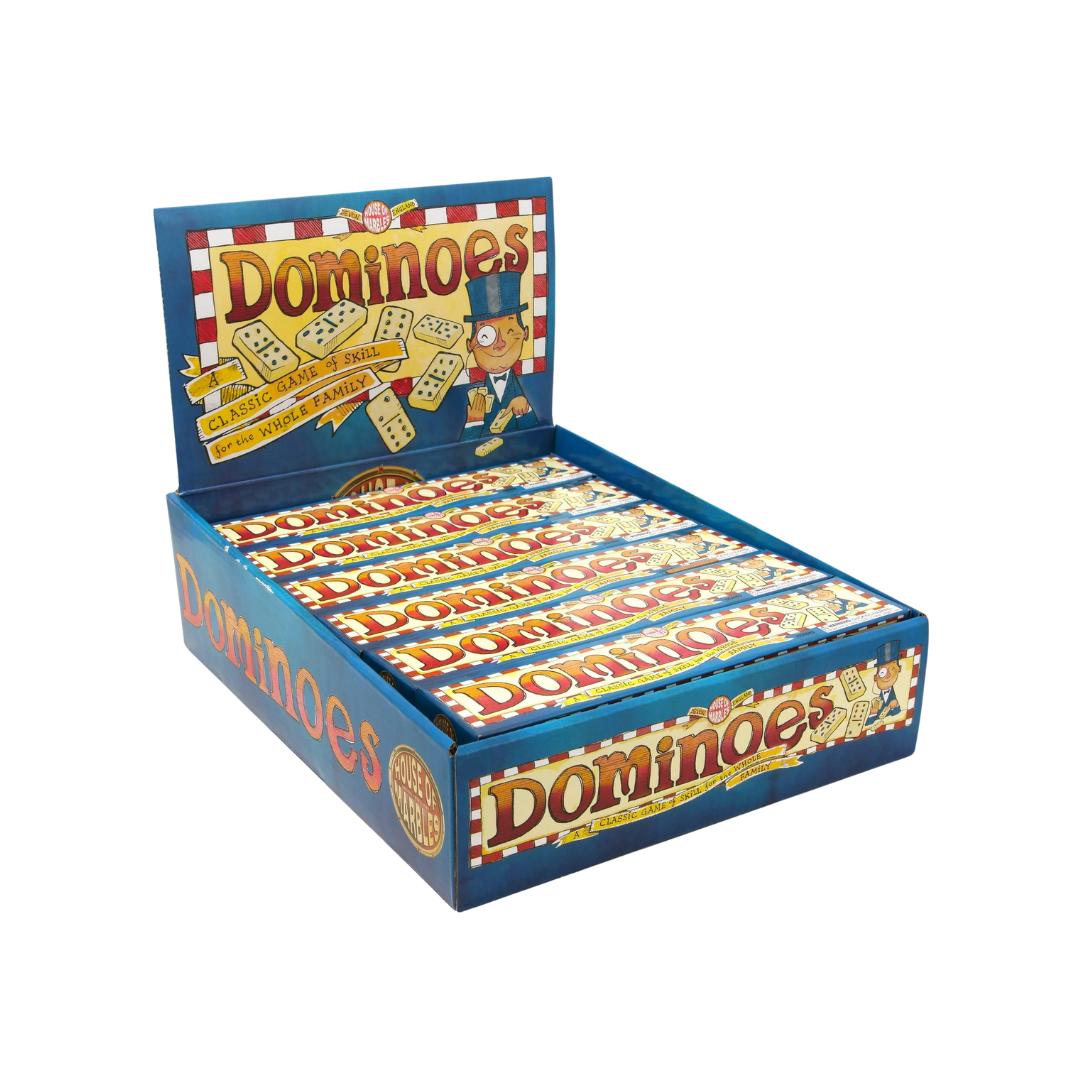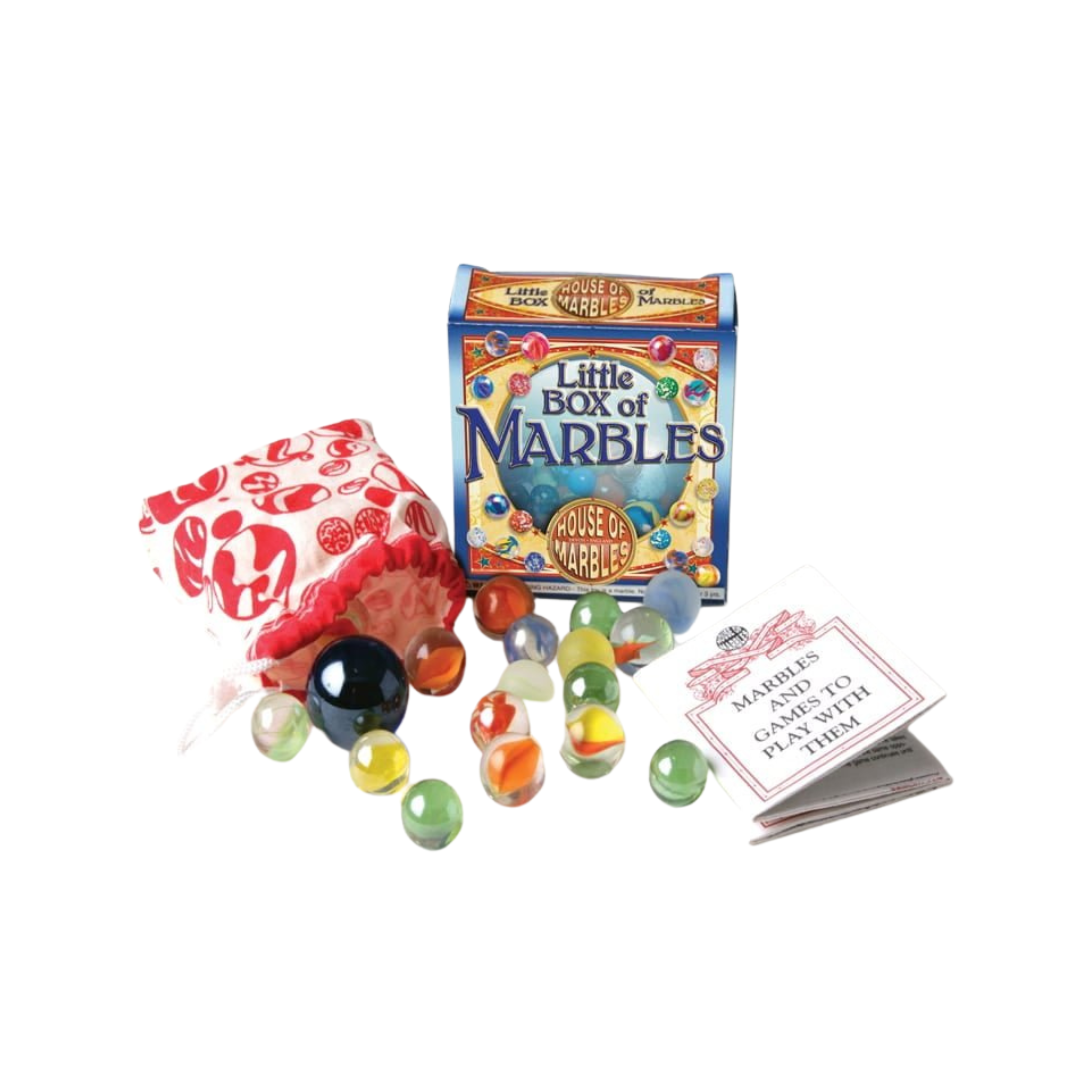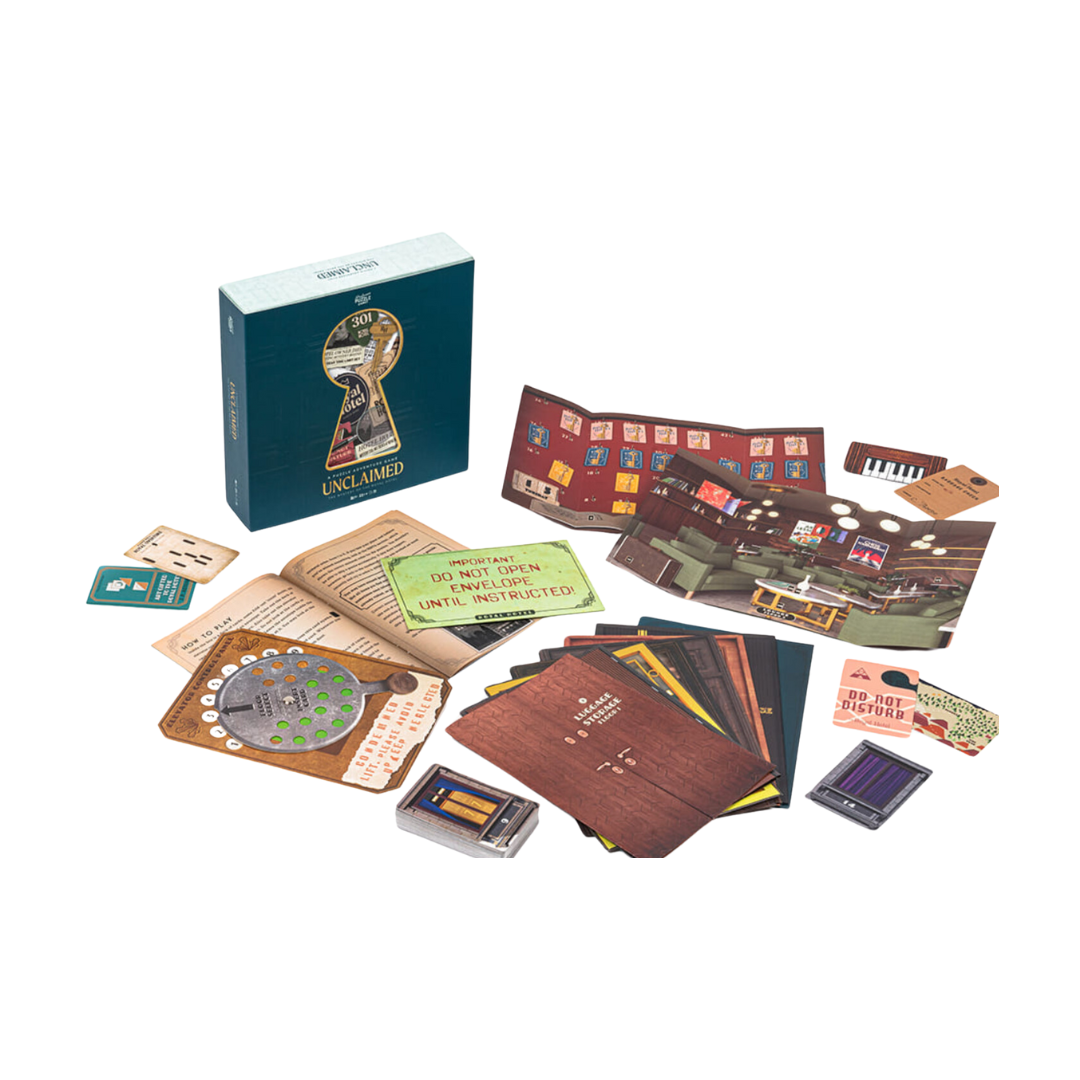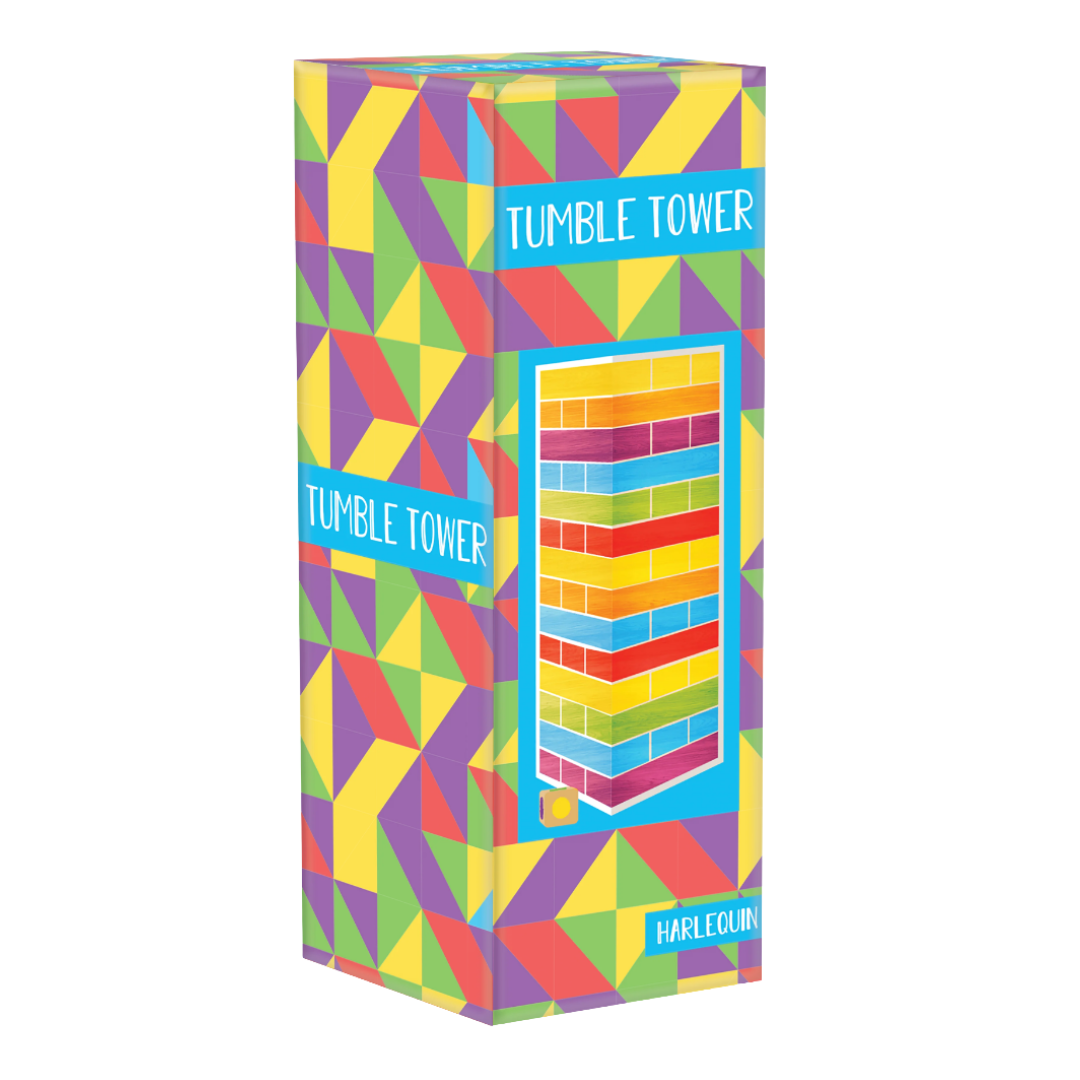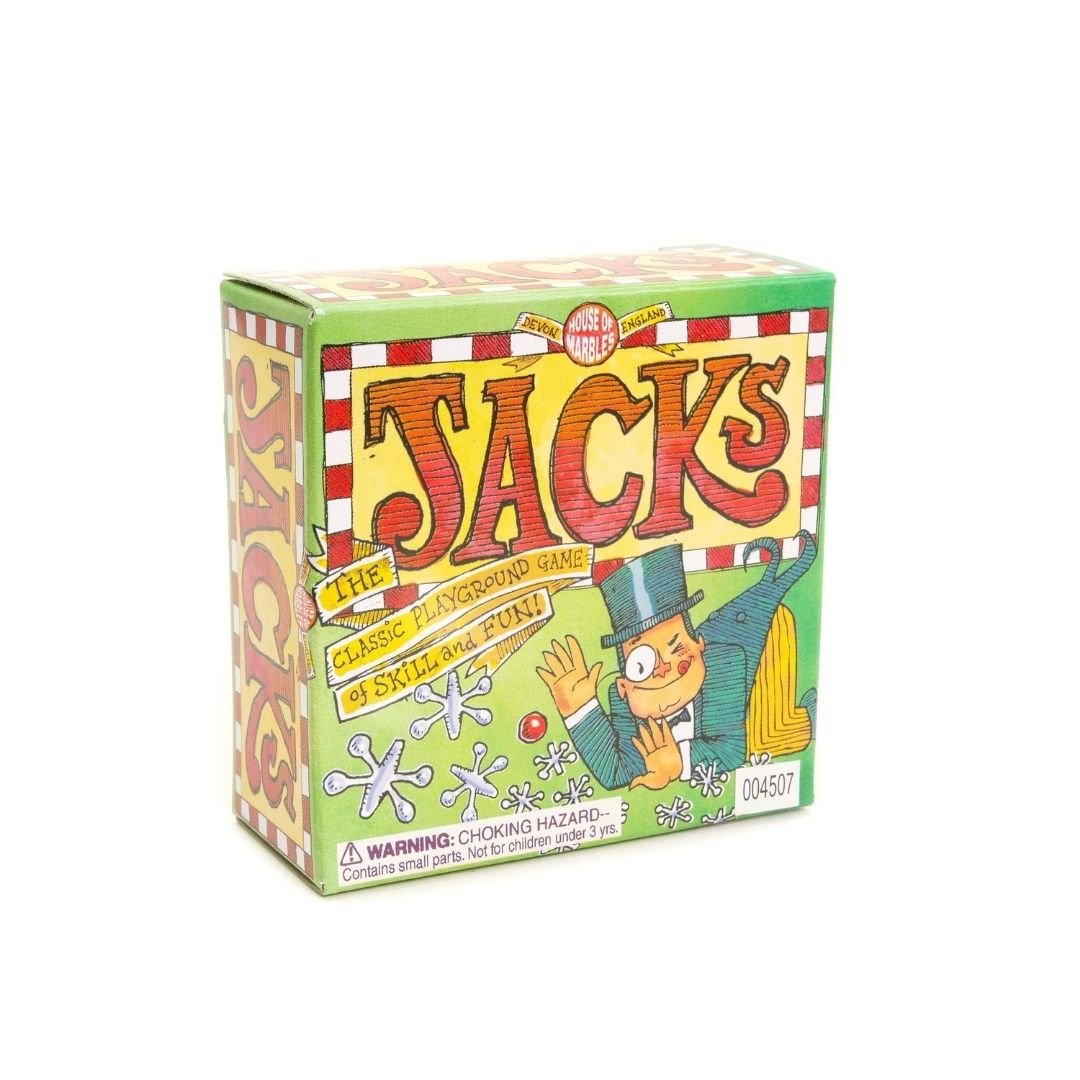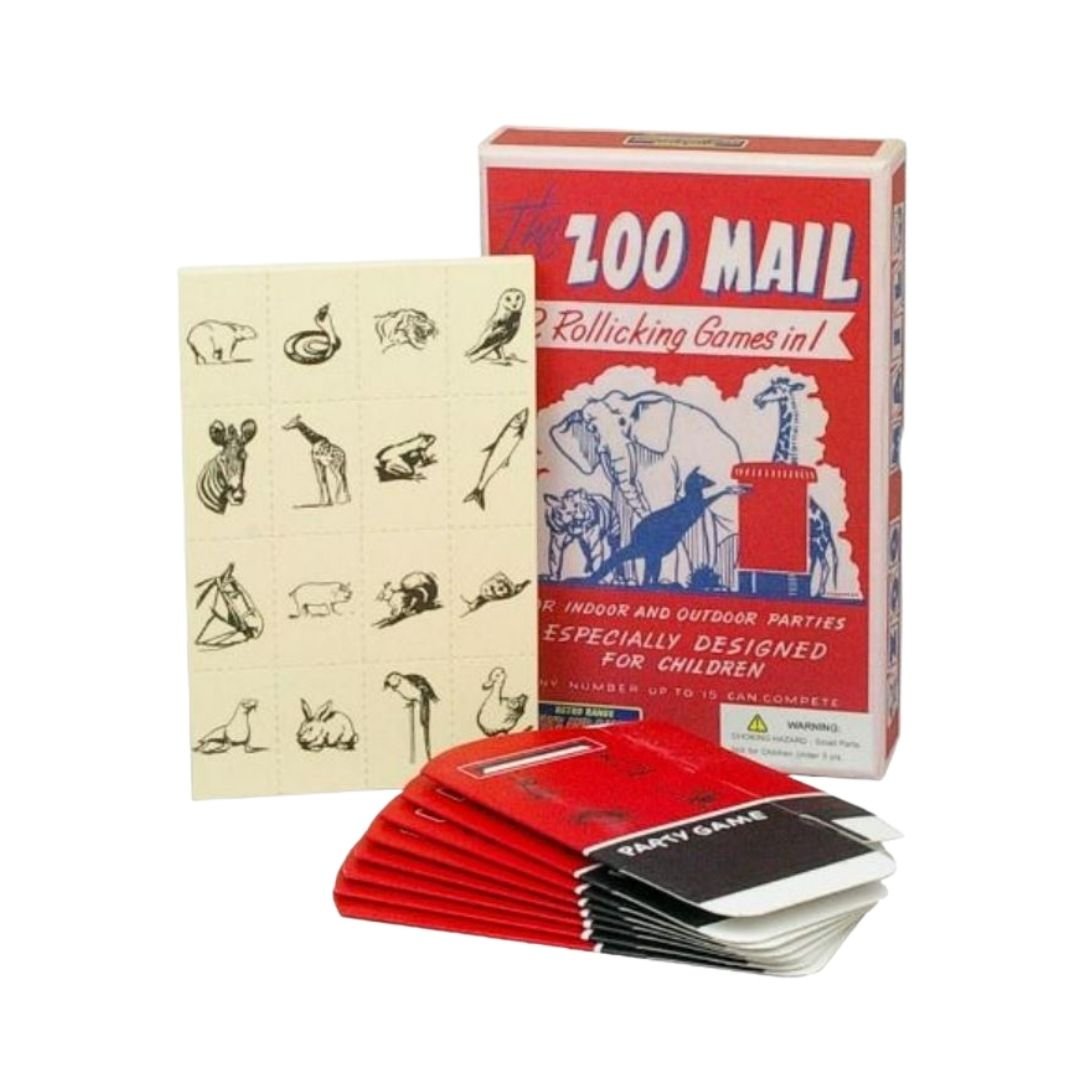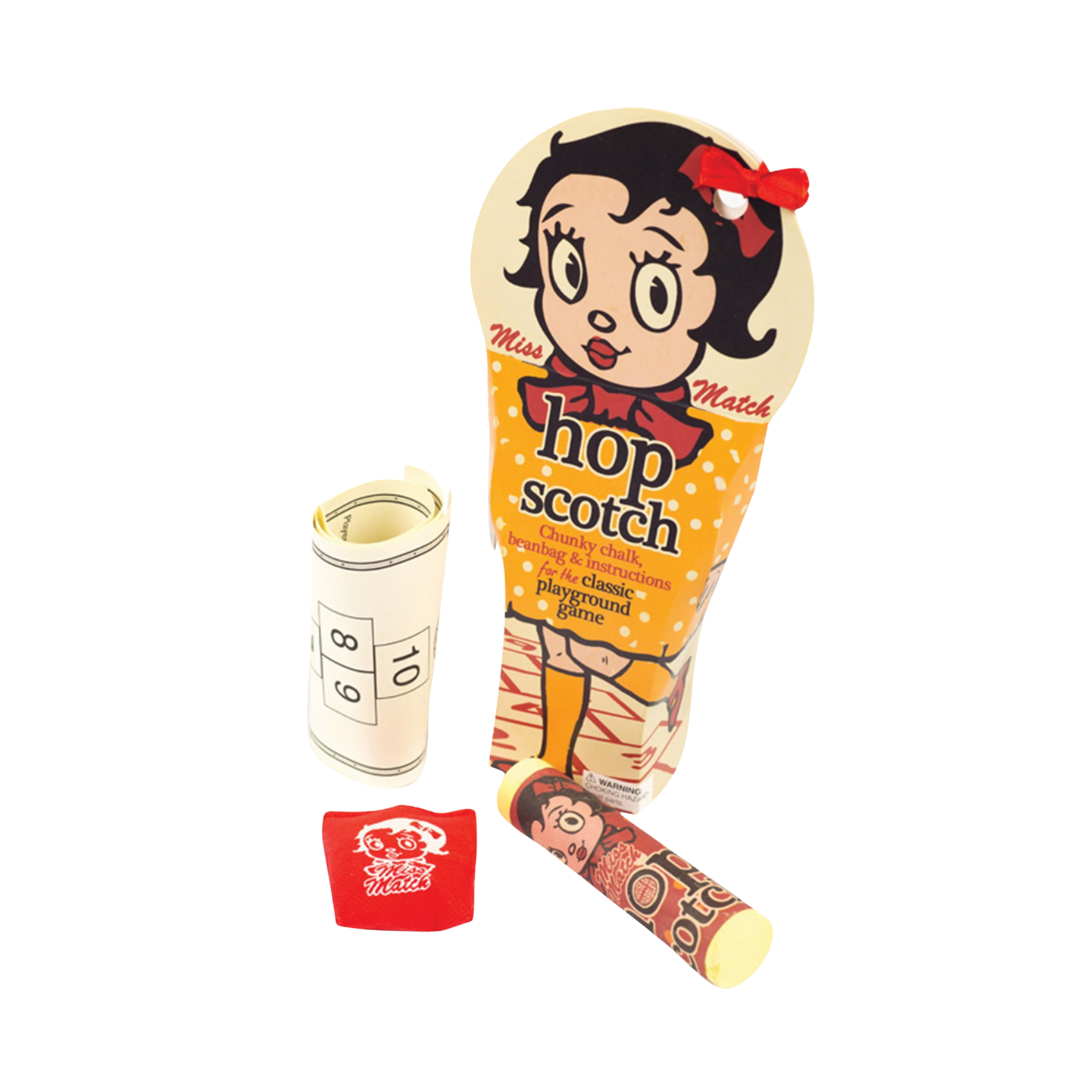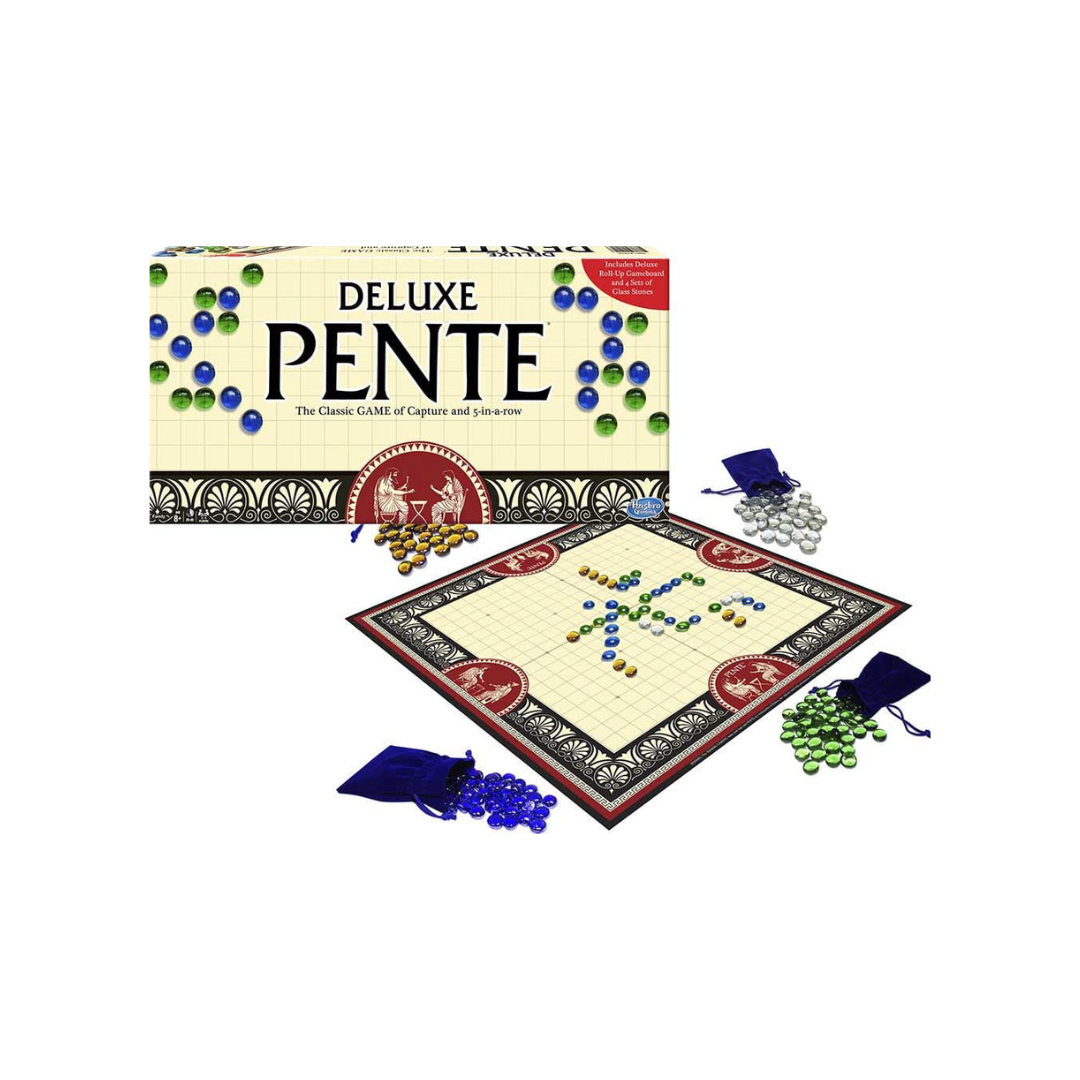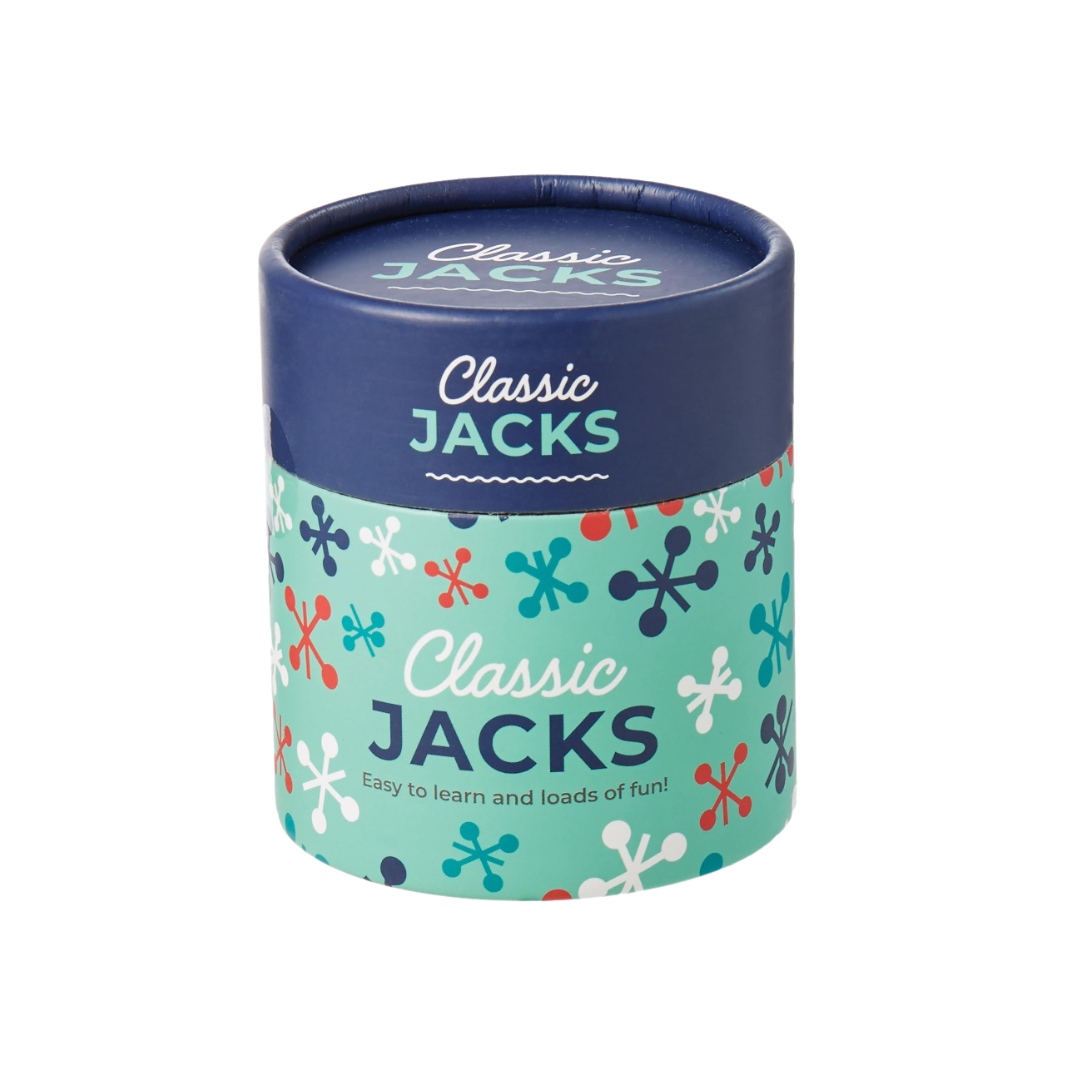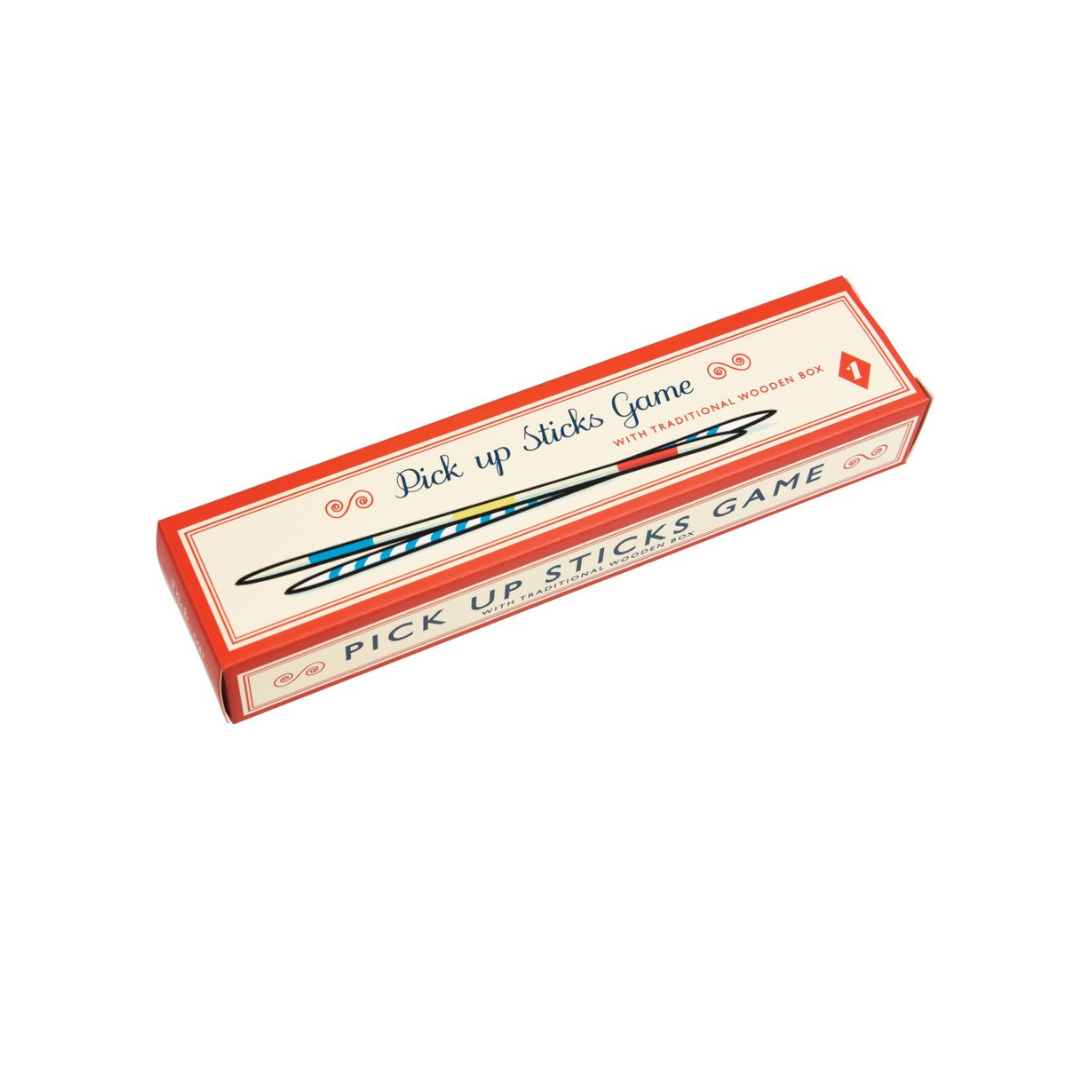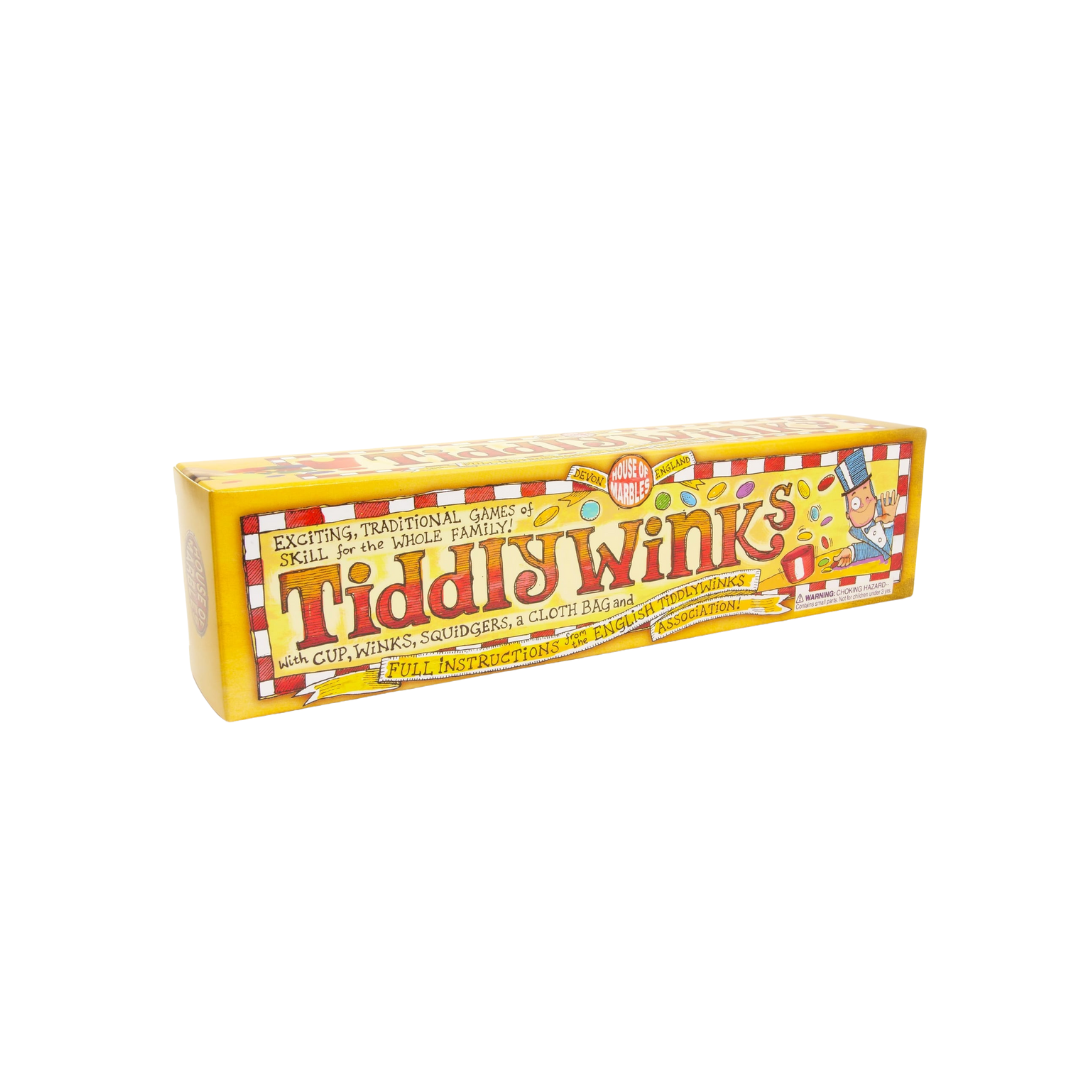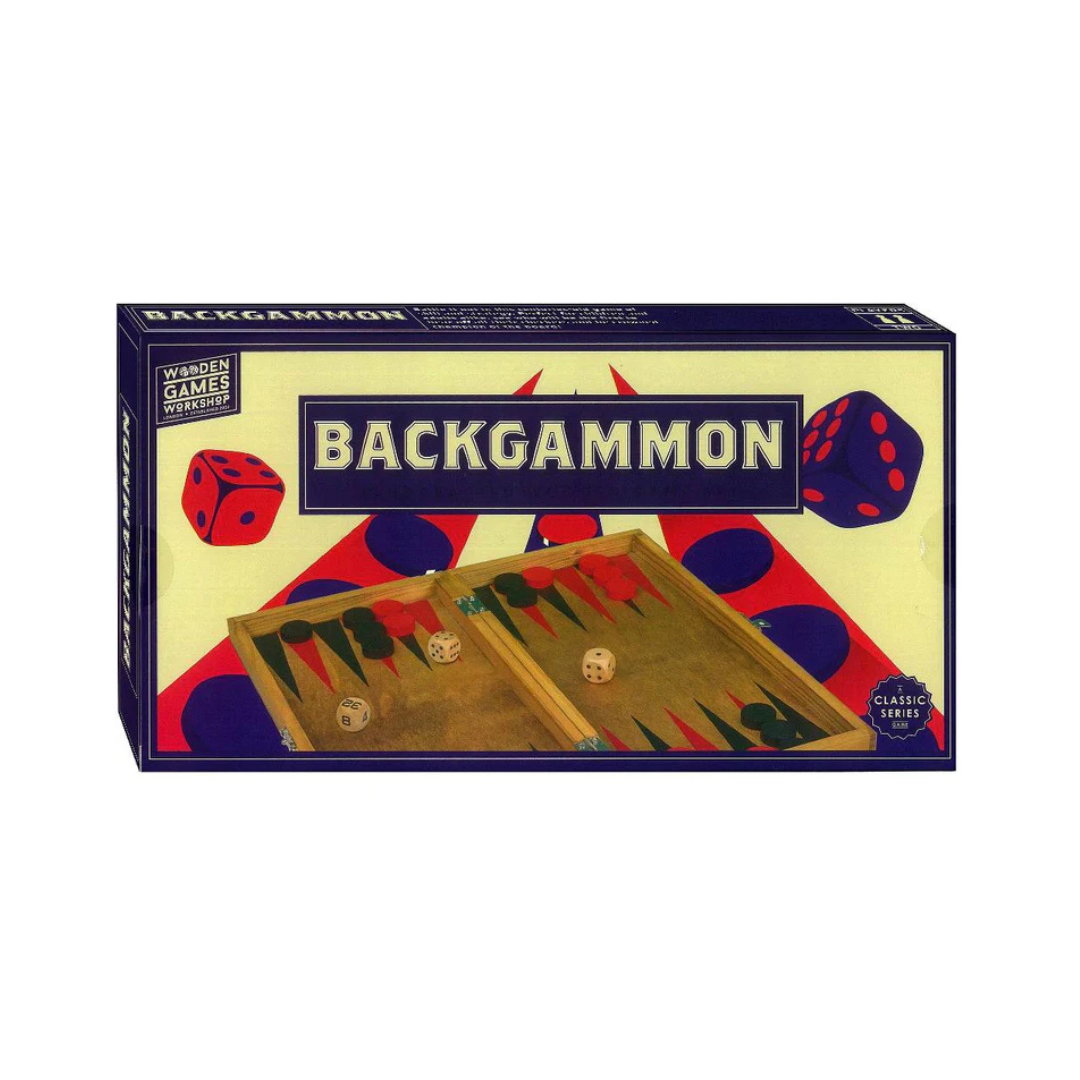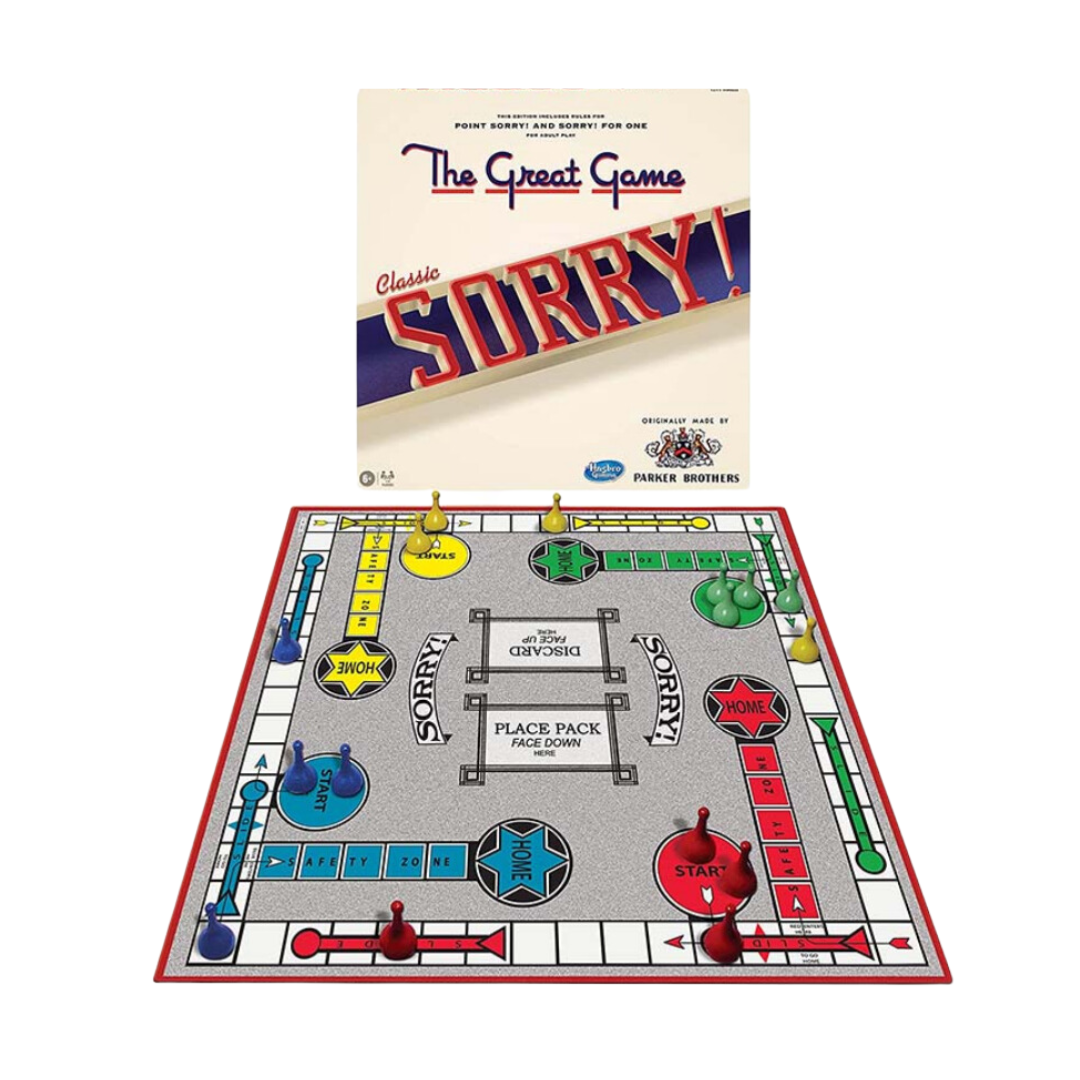Classic Games | Marbles
Everybody knows of the classic game of marbles, and it is just as popular now as it has been over the decades. Marble crazes continuously grip schools across Australia, the UK, America and no doubt the rest of the world!
Marbles are small spherical toys most commonly now made from glass, but started their early days being made from clay. They were referred to as ‘little balls with which schoolboys played’ as early as the 15th century, and let’s face it, not much has changed!
There are many variations of the marble game, but the most classic game is where you need to knock your smaller marbles (ducks) out of the ring with your larger shooter marble by flicking it with your thumb (the knuckledown slingshot) without fudging or fouling the shot. If you manage to knock any marbles out of the ring, keep the marbles and add them to your pile. The winner at the end of the game is the one that has the most marbles. Players can either play for keeps (keepsies), or for fair (everyone gets their own marbles back). Players also have the option to call quitsies at any point during the game without consequence, effectively calling a halt to the game.
The large marble is known by many names, but some of the most common that we’ve heard of are:
Shooter | boulder | smasher | bowler | toebreaker | masher | bonker
In the North of England (where we grew up) the game and marbles were called ‘Taws’ and the larger Taws were called bottle washers. They were called this after the marble found in the codd-necked bottles that were used to hold carbonated drinks. The bottle was opened after use and the marble was collected to play with. Across the world Taw still refers to the name of the person taking the shot. We still have our taws from when we were a kid!
Marbles were often written about in Ancient Roman literature and archaeologists often find small round balls made of stone all over the world. Marbles are thought to originate from India as far back as 3300–1300 BCE , although it wasn’t until 1923 that the first set of rules were written by a ‘committee of playground and recreational experts’. (How we would love to have such an aptly named committee in our shop …. although we think the ore apt and modern day equivalent is kid toy testers!).
Fun Fact: Marbles arrived in Britain after being imported during the medieval era.
A German Glass Blower had a great idea for an invention called marble scissors which came onto the scene in 1846 that would revolutionise the making of glass marbles. The first mass-produced marbles were manufactured in Germany in the 1890s.
Fun Fact: Marbles were inducted into the Toy Hall of Fame in 1998.
Marbles is such a wonderfully classic game that there are still marble championships held across the world for those that like playing marbles - taking the game to the extreme. The British and World Marbles Championships are held in West Sussex, England every year. This event started in 1932 and has been held every year since. Britain however isn’t the only country with a Marble Championship event, Australia has the Australian Marbles Championships too which is held every year at various locations around Australia, playing their very own Brunswick Heads Rules.
Marble collecting is also a serious businesses among avid hobby enthusiasts, with people collecting low budget machine made marbles costing just a few cents, up to the rarer, more collectible antique handmade marbles worth thousands of dollars. Who would have thought that marble fraud was such a lucrative business, with unscrupulous tricksters imitating the most attractive mineral and agate or onionskin marbles and antique packaging. Thankfully marble experts have put together marble identification guides to help us get started with our marble identification and work our way through our Akro Agates or Peltier Glass collections. If all else fails however, we can always visit one of the many marble fairs to get them valued by one of the many Marble King marble experts there are in the world!

